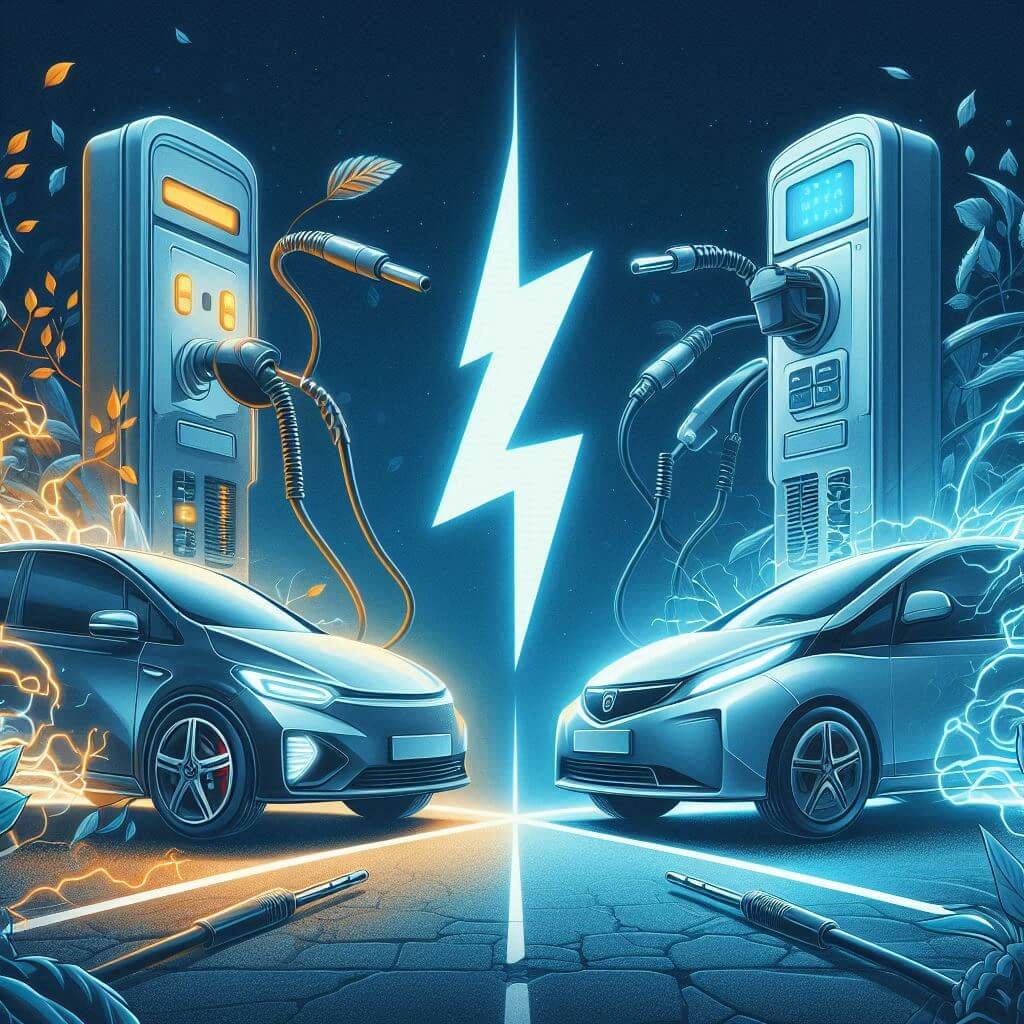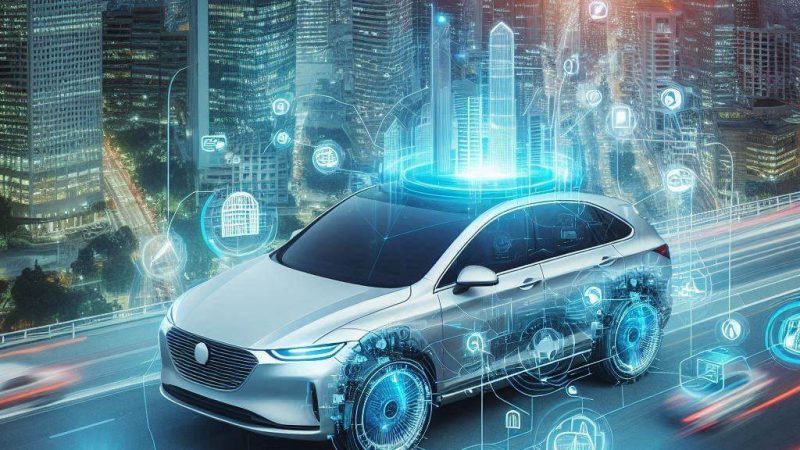Electric vs. Gas: Which Vehicle Is Right for You?

As the automotive landscape undergoes a transformative shift towards sustainability and innovation, prospective car buyers are often confronted with a crucial question: should they invest in an electric vehicle (EV) or stick with a traditional gasoline-powered car? Weighing the pros and cons of electric and gas vehicles is essential for making an informed decision that aligns with your lifestyle, driving habits, and values. This comprehensive article aims to explore the differences between electric and gas vehicles, alongside key considerations to help you determine which option is right for you.
Contents
Understanding the Basics: Electric Vehicles vs. Gas Vehicles
Electric Vehicles (EVs)
Electric vehicles operate primarily on electric power supplied by batteries. The energy stored in these batteries can be replenished by plugging the vehicle into an electric power source. EVs have become increasingly popular due to advancements in battery technology, range, and charging infrastructure.
Key Features of EVs:
- Power Source: Run on electricity stored in batteries.
- Types: Includes all-electric vehicles and plug-in hybrid vehicles (PHEVs) that combine electric propulsion with a gasoline engine.
- Performance: Typically offer instant torque, resulting in quick acceleration.
- Maintenance: Generally have fewer moving parts, which may reduce maintenance costs.
Gas Vehicles
Gas-powered vehicles rely on internal combustion engines (ICEs) to convert gasoline into mechanical energy. While they have dominated the market for decades, advancements in emissions technology and fuel efficiency have shaped their evolution.
Key Features of Gas Vehicles:
- Power Source: Run on gasoline or diesel fuel.
- Types: Includes sedans, SUVs, trucks, and hybrids that combine both electric and gasoline power.
- Performance: Often provide a familiar driving experience with established infrastructure for fuel delivery.
- Maintenance: Typically have more complex mechanical components, which may result in increased maintenance costs.
The Debate: Pros and Cons of Electric and Gas Vehicles
Environmental Impact
Electric Vehicles: As EVs produce zero tailpipe emissions, they offer an eco-friendly alternative to traditional vehicles. When charged using renewable energy sources, their carbon footprint can be significantly lower. However, it’s essential to consider the manufacturing process of batteries, which can have environmental impacts.
Gas Vehicles: Gasoline-powered cars emit CO2 and other pollutants that contribute to climate change and air quality issues. However, modern gas engines are becoming more efficient and environmentally friendly due to stricter regulations.
Cost Considerations
Electric Vehicles: While the initial cost of EVs can be higher than gas vehicles, owners may benefit from federal and state incentives, lower fuel costs, and reduced maintenance expenses. Battery costs continue to decrease, and as technology improves, the financial viability of EVs is expected to rise.
Gas Vehicles: Generally have a lower upfront cost compared to electric counterparts. However, owners must consider fluctuating fuel prices, maintenance, and repair costs over time.
Driving Range and Refueling
Electric Vehicles: Historically, range anxiety has been a concern for potential EV buyers, but advancements in battery technology have led to many new models offering ranges comparable to gas vehicles—often exceeding 300 miles on a single charge. However, charging infrastructure still varies greatly between regions.
Gas Vehicles: Typically provide greater driving range and can be refueled within minutes at widespread gas stations, lending convenience for long road trips or in areas with limited charging options.
Performance and Driving Experience
Electric Vehicles: Many drivers report a smooth and quiet driving experience with instant acceleration due to the electric motor’s design. Regenerative braking systems help recover energy during deceleration, enhancing efficiency.
Gas Vehicles: Offer a traditional and familiar driving experience with diverse engine options catering to various performance needs. Enthusiasts often prefer the sound and feel of an internal combustion engine.
Convenience and Home Charging
Electric Vehicles: Charging at home provides great convenience, particularly for those with a dedicated parking space. Public charging stations are proliferating, but charging times can vary, making long trips more complex.
Gas Vehicles: Refueling can be done quickly and conveniently at any gas station, while home charging isn’t a concern, making them suitable for drivers with limited access to charging points.
Factors to Consider When Choosing
- Daily Commute and Driving Habits: Analyze your average driving distance, frequency of long trips, and availability of charging stations.
- Budget: Evaluate your budget not just for the initial purchase, but also for long-term expenses, including insurance, fuel, maintenance, and potential incentives.
- Environmental Concerns: Consider your values and commitment to sustainability. Choosing an EV can significantly reduce your individual carbon footprint.
- Local Infrastructure: Investigate the availability and convenience of charging infrastructure in your area and along your typical travel routes.
- Resale Value: As the automotive market evolves, consider how each type of vehicle may hold its value over time. Electric vehicles are poised for growth in demand, but market dynamics may impact gas-powered vehicles differently.
The Future of Transportation
The automotive industry is undergoing rapid change, and the lines between electric and gas vehicles may continue to blur. Hybrid models that harness both electric and gasoline power offer a transitional option for consumers who want to reap the benefits of both technologies. Furthermore, the ongoing shift towards electrification is supported by government initiatives, advancements in technology, and changing consumer preferences.
As such, the decision between an electric or a gas vehicle is not one-size-fits-all. Ultimately, the right choice depends on a variety of factors, from personal values and driving patterns to budget and environmental considerations.
Conclusion: Making Your Choice
Determining whether an electric or gas vehicle is right for you involves careful consideration of your lifestyle, preferences, and future needs in a rapidly changing automotive world. By weighing the pros and cons of each option, you can make a well-informed decision that suits your driving habits while aligning with your values. As technology evolves and markets shift, keeping an open mind and anticipating future advancements will serve you well in this dynamic automotive landscape.


